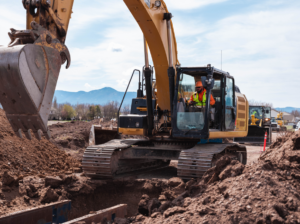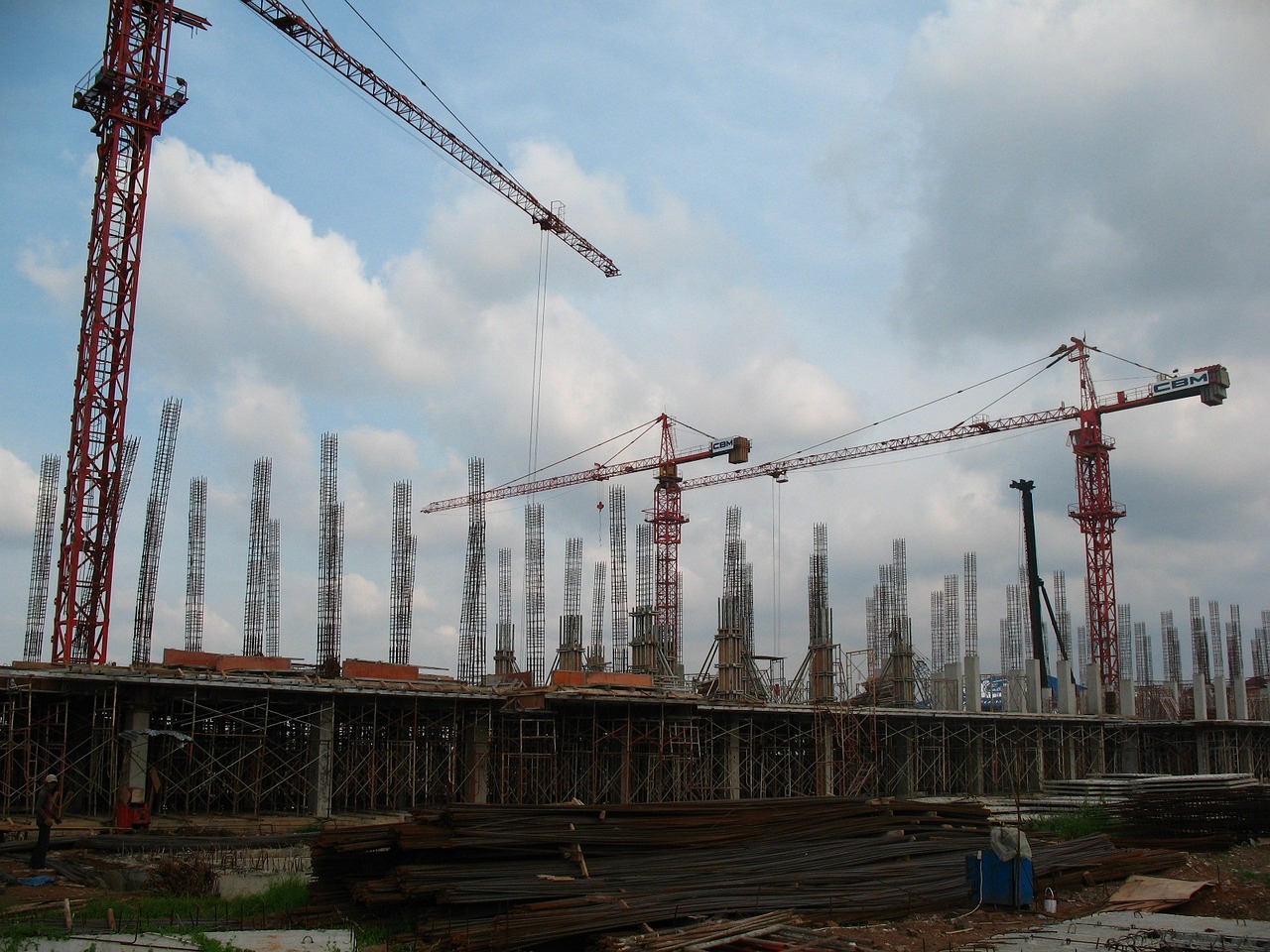Executive Summary. Constructive acceleration is a common occurrence on job construction projects – especially a project with liquidated damages. Learn about what constructive acceleration is, and how to ensure your case against the Owner using this defense will satisfy a court.
What is constructive acceleration? A legal definition of this is when an Owner implicitly shortens the Contractor’s time period of performance through its (the Owner’s) conduct. The layman’s definition of this is the acceleration a Contractor puts his own forces through to finish a project because the Owner has not responded to a request for time delay. Because the Owner has not responded to a time request, and because the job is under liquidated damages, or some other threat of harm to the Contractor, the Contractor accelerates the project. This acceleration results in excess cost. This time and cost impact result in a claim.
Give me an example. Say it’s February 1 and you’re digging a trench which is supposed to be comprised of dry dirt. But when you dig it, it’s hard rock with water coming in like mad. You immediately notify the Owner that you need more time because of this differing site condition (you hit rock and water, instead of dirt and no water). Unfortunately, you had to wait months for the Owner to respond. And in the meantime, you increased the work hours, increased the number of workers, increased the size of equipment, et cetera, because the end date was still holding and upon said date liquidated damages would be starting.
This acceleration and the resulting costs, together, make up a constructive acceleration claim.
What exactly qualifies as a legitimate constructive acceleration claim? The Fraser Const. Co. v. U.S. case was a loss for the Contractor. Both in the original trial, and upon appeal. The silver lining for the industry (certainly not the Contractor) was that from this loss came the five elements required of a Contractor to be successful in a constructive acceleration claim:
- The delay must be excusable.
- The time/cost request must be timely and sufficient.
- The government denied the request, or acted untimely [the legal term is whether or not the response time was reasonable].
- Awarded time by the Owner was not as requested and does not permit enough time to complete the job timely.
- Additional resources were required to make up for lost time.

My story. I may have misnamed this article. Not all Owners are bullies, and not all constructive acceleration claims are valid. Of course, I thought all of my constructive acceleration claims were valid and I thought the Owners were being unfair. Also, I always found it to be hypocritical to expect me to travel at light speed to complete a job when, on the flip side, the Owner could take days, weeks, or months to respond to my time requests. This article is a good gut check on any claims you may make in which you are claiming constructive acceleration. Like with all of my legal discussion, the best thing to do is to talk to your attorney about you claim legitimacy. But, until you get a chance to meet with him or her, give the five items above a quick read.
Work safe!






0 Comments